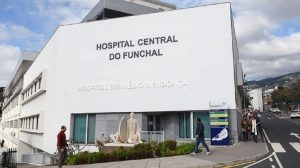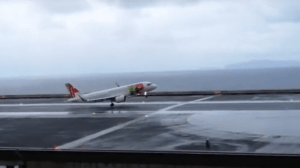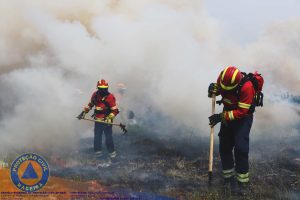The Autonomous Region of Madeira, through the Regional Directorate of Health (DRS), and the Regional Units and Local Units of PPCIRA, is promoting the “Antibiotics – it’s All or Nothing,” campaign which has been relaunched by the Directorate-General for Health and the Programme for Prevention and Control of Infections and Antimicrobial Resistance (PPCIRA).
As such, the DRS believes that antibiotic resistance is a “silent pandemic” that threatens human health.
Until the 24th of November, World Antimicrobial Awareness Week will take place with the aim of improving the understanding of antimicrobial resistance and encouraging best practices among the public, health promoters, and policymakers, who play a crucial role in reducing the emergence and spread of antimicrobial resistance. Although the total consumption of antibiotics used in human health has been decreasing, there has been an increase in the consumption of “broad spectrum” and “reserve” antibiotics.
This year, the theme is “Preventing Antimicrobial Resistance Together,” which calls on all sectors to encourage the prudent use of antimicrobials and strengthen measures to prevent Antimicrobial Resistance (AMR), working collaboratively together through a single health approach encompassing human, animal, and environmental health. Estimated numbers show that in Europe 35,000 people die each year from infections caused by antibiotic-resistant bacteria, and this estimate is increasing.
Two culprits responsible for the 50% rise in the number of deaths are Klebsiella pneumonia and Acinetobacter spp (causes pneumonia, bloodstream infections, wound, and urinary tract infections).
“Antibiotics are medicines used to treat infections caused by bacteria and are therefore not effective against COVID-19, influenza, or flu as these are viruses. Antibiotic resistance occurs when bacteria adapt to the use of these medications, becoming resistant to antibiotics, making infections harder or impossible to treat, while increasing transmission risk, serious disease, and death.
“There are several ways to deal with this threat: using antibiotics prudently and only when necessary, maintaining good practices for the prevention and control of infection, such as hand washing, screening for multidrug-resistant microorganisms and isolating infected/colonised patients, and promoting research and development of new antibiotics.
Every one of us is responsible for controlling threats to public health.” Concluded a spokesperson for the DRS.
Samantha Gannon
info at madeira-weekly.com







